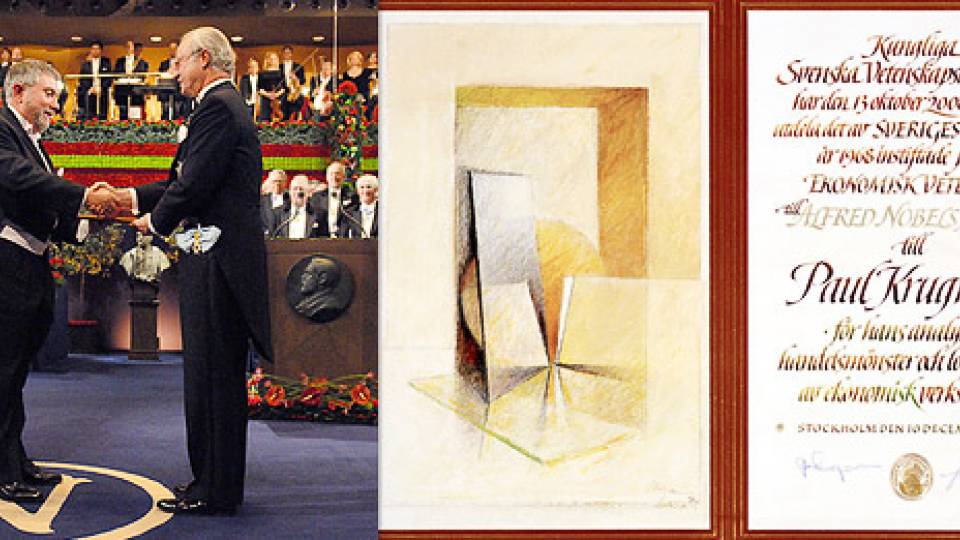Stanley Fish, the well-known literary theorist whose theories of interpretation became standard fare in law schools, will deliver a public lecture at Princeton University on at 4:30 p.m. Thursday, Dec. 9, in Lewis Library, Room 120. He will be speaking about his new book "The Fugitive in Flight: Faith, Liberalism and Law in a Classic TV Show" (University of Pennsylvania Press, November 2010). The lecture is free and open to the public, and is sponsored by Princeton University's Program in Law and Public Affairs.
Following the talk, copies of the book will be available for purchase and signing by the author.
"Stephen King has said that 'The Fugitive' is the best thing ever done on television. I'm going to tell you why," said Fish.
"The Fugitive" originally aired between 1963 and 1967. It featured a respectable professional man who was wrongly convicted of having murdered his wife. A lucky break allowed him to escape on his way to death row, and he then spent years running from the law while attempting to find the real murderer. Fish's "Fugitive" wants nothing more than to be free -- both from prison but also from social ties. He is, in Fish's view, the ultimate representative of liberal values.
As longtime readers of Fish have come to expect, the character of the fugitive cannot remain alone on the pages of this book; he is in accompanied not only by riffs on Milton's "Samson Agonistes," but also meditations on philosophy and freedom. In characteristic Fish style, "The Fugitive in Flight" places this classic television show in the company of classic literature.
Currently the Floersheimer Distinguished Visiting Professor at Cardozo Law School in New York, Fish is the Davidson-Kahn Distinguished University Professor of Humanities and Law at Florida International University. He is an extraordinarily prolific author, having written more than 200 scholarly books and articles. His books include "Surprised by Sin: The Reader in Paradise Lost"; "There's No Such Thing as Free Speech, and It's a Good Thing, Too"; "Professional Correctness: Literary Studies and Political Change"; "Is There a Text in this Class?" and "How Milton Works." He is a contributor to "The Opinionator" blog for The New York Times online <http://opinionator.blogs.nytimes.com>.
The Program in Law and Public Affairs (LAPA) explores the role of law in politics, society, the economy and culture in the United States and abroad. For more information about LAPA and this event, visit the LAPA website.

